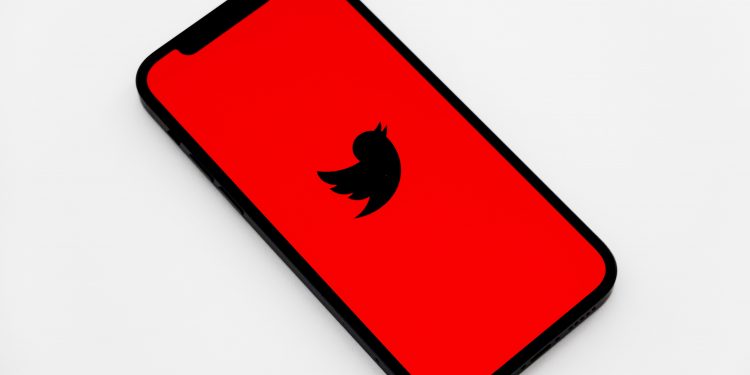According to the research, “Islamophobia in the Digital Age”, the Bharatiya Janata Party (BJP), which is in power, has normalised hostility towards Muslims, which is why Islamophobia is so prevalent in India.
According to a survey by Islamic Council of Victoria (ICV), the US, the UK, and India were responsible for an astounding 86% of the anti-Muslim posts on Twitter. Twitter has developed into a prominent epicentre for the broadcast of anti-Muslim propaganda, which is devastating to Muslim minority groups across the world.
According to a study conducted by the ICV, the largest Muslim organisation in the Australian state of Victoria, which is also home to an estimated 270,000 Muslims, there were around 4 million anti-Muslim posts published between 2017 and 2019 during a period of 24 months.
The ICV also signalled a vicious cycle of hatred that appeared in assaults on the community throughout the world both offline and online. More than half of these offensive and bigoted posts were created by Indian individuals alone.
Researchers claim that Bharatiya Janata Party (BJP), India’s ruling party, is to blame for the propagation and amplification of anti-Muslim hatred among Twitter users in India. They claim that “(the) BJP has actively normalised hatred towards Muslims such that 55.12 per cent of anti-Muslim hatred tweets now originate in India.”
ICV also claimed that the growth in anti-Muslim sentiment on Twitter among Indian accounts was caused by discriminatory laws that deny Muslim citizenship and other civil rights.
According to the researchers, former president Donald Trump ranks as the third most frequently mentioned user in anti-Muslim posts, and many of his tweets are associated with defending his Muslim immigration ban and anti-Muslim conspiracy theories, such as those that claim Democrats are working with “Islamists” to take over the West. In the United States, the rise of anti-Muslim hate on Twitter is almost inextricably linked to the hateful rhetoric and policies of Trump.
In the United Kingdom, researchers attributed the prevalence of anti-Muslim tweets to a variety of factors, including Trump’s global reach, anti-immigrant sentiments fueled by the refugee crisis, and the Brexit discourse, as well as the casual racism of former Prime Minister Boris Johnson, who once compared niqab-wearing Muslim women to “letter boxes.”
Researchers were able to identify several key themes by analysing the anti-Muslim content created by the three countries, such as the connection between Islam and terrorism, the portrayal of Muslims as sexual abusers, the worry that Muslims want to impose Sharia on others, the theory that Muslim immigrants are replacing white people in the West and Hindus in India, and the portrayal of halal as an inhumane practice that typifies the so-called “barbarity” of Islam.
According to the ICV, between August 28, 2019, and August 27, 2021, there were at least 3,759,180 posts on Twitter that were anti-Muslim. Only 14.8% of the malicious tweets were ultimately taken down, either because they had been concealed through privacy settings, taken down by users, or deleted by moderators, after over a year.
The report said, “We conclude from this that Twitter is drastically failing at removing anti-Muslim content. This is unsurprising given that they do not automatically screen posts for hate, but rather only act once a report has been filed. In practice, however, even when Islamophobia is brought to their attention, a mere 3 per cent of flagged tweets end up being removed.”
Anti-Muslim hatred is more likely to be widespread online after terrorist strikes in the West than it is after incidents that take place anywhere else, the study discovered. There were 6,264 anti-Muslim tweets after more than 50 people were beheaded in Mozambique. Whereas, there were more than 10,000 following the London Bridge stabbing.
The study also discovered that Islamophobia may be affected by how politicians react to incidents related to Islam. For instance, it was discovered that the BJP’s hateful remarks toward Muslim opponents of its Citizenship Amendment Act were the cause of the third-largest surge in anti-Muslim tweets on February 25, 2020.
The ICV proposes a number of measures to address this hatred, such as imposing fines for platforms that do not take action to stop Islamophobia and putting pressure on the Indian government to stop anti-Muslim discourse.
Twitter should cease not filtering tweets, according to ICV, and should automatically identify and remove hateful content. Additionally, it suggests that Twitter create an impartial monitoring group to assess the efficiency of its moderation guidelines.
The paper cautioned, “Indeed, in the event that no changes are made, “it is all the more likely that the problem of online Islamophobia will grow to a point of intractability.”











